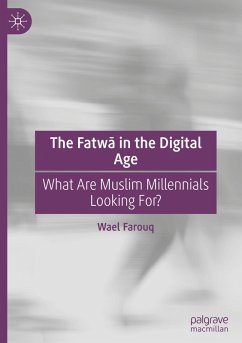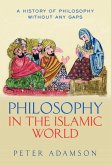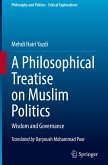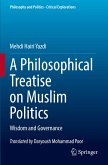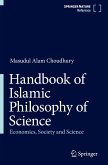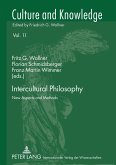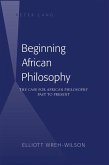The rise of a significantly large (and young) Muslim population in the West, possessing no historical tradition of being a minority in a non-Muslim environment, has led to a recurring debate about the integration of Muslims into Western societies and the compatibility of Islam with Western values. The proliferation of Islamic sites to which thousands of Western Muslims turn to request a fatwa, i.e. a religious legal opinion on any issue, hints at the urgency felt by these Muslims to find a way out of this conflictual dialectic, since most of their questions concern precisely how to reconcile Islamic principles with some aspect of modern life in the West. The pervasiveness of these internet fatwas is a striking phenomenon worth of study that can help finding answers to the longstanding debate about the integration of Muslims in the West and in modern societies. raising interesting questions: What do Muslims in Western societies ask these virtual muftis and why? Who are they? What are their desires and concerns? In their asking, are these Muslims seeking integration or separation? Do these questions reflect common clichés about Muslims, as conveyed by some Western media narratives or not? Do they reason as individuals or as members of a religious community? This book presents a scientific study aimed at answering these questions through a statistical and discourse analysis of a large corpus of more than ten thousand fatwa questions extracted from the huge fatwa databases available on the internet.
Bitte wählen Sie Ihr Anliegen aus.
Rechnungen
Retourenschein anfordern
Bestellstatus
Storno

